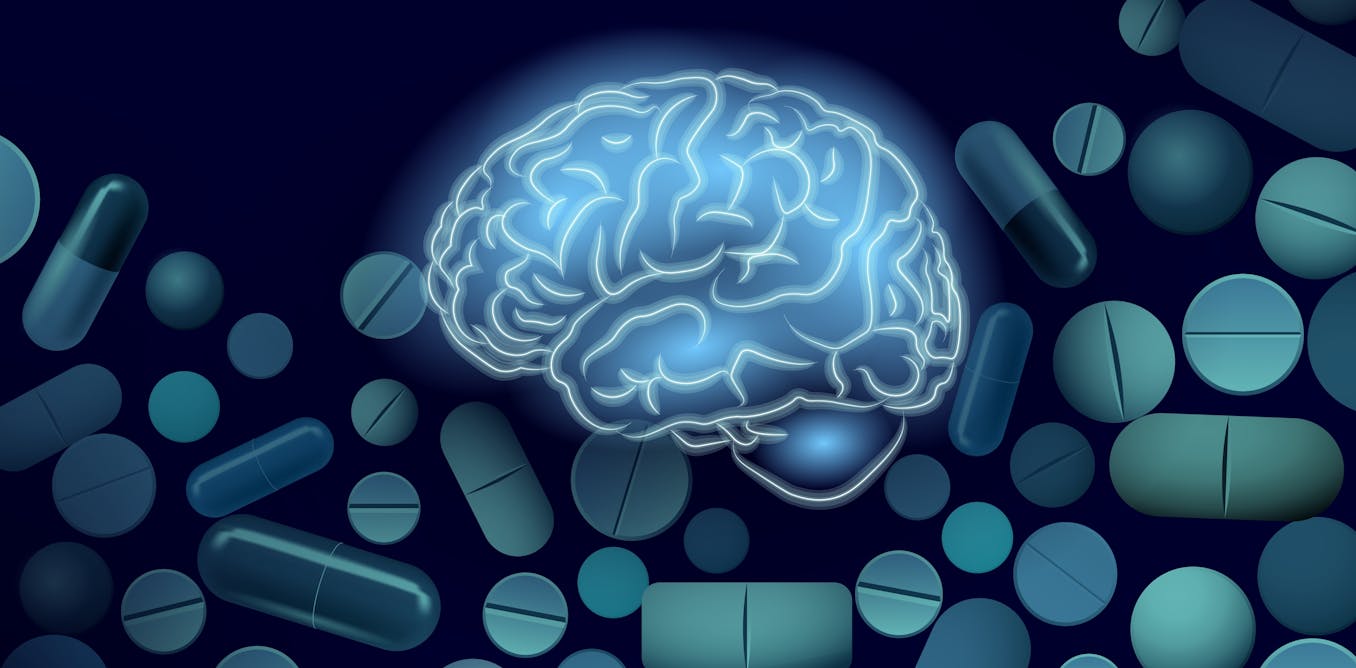What Are Nootropics and Do They Really Boost Your Brain?
Humans have long been searching for a “magic elixir” to make us smarter, and improve our focus and memory. This includes traditional Chinese medicine used thousands of years ago to improve cognitive function.
Nootropics: What Are They and How Do They Work?
Romanian psychologist and chemist Cornelius E. Giurgea coined the term nootropics in the early 1970s to describe compounds that may boost memory and learning. The term comes from the Greek words nous (thinking) and tropein (guide).
Nootropics in the Brain
Nootropics may work in the brain by improving transmission of signals between nerve cells, maintaining the health of nerve cells, and helping in energy production. Some nootropics have antioxidant properties and may reduce damage to nerve cells in the brain caused by the accumulation of free radicals.
Caffeine: A Well-Studied Nootropic
Caffeine is a well-studied nootropic, commonly found in beverages like coffee and tea. Consuming 32-300 milligrams in a single dose may increase our alertness, reaction time, and mood. However, taking too much caffeine can lead to anxiety-like symptoms and panic attacks, sleep disturbances, hallucinations, gut disturbances, and heart problems. It is recommended adults drink no more than 400 milligrams of caffeine per day.
L-Theanine: A Relaxation-Promoting Nootropic
L-Theanine is an amino acid commonly found in green tea. Consuming L-theanine as a supplement may increase production of alpha waves in the brain, associated with increased alertness and perception of calmness. However, the optimal dose of L-theanine for cognitive benefits is still unclear. One study found that combining L-theanine with caffeine improved cognitive performance and alertness.
Ashwaghanda: A Traditional Ayurvedic Herb
Ashwaghanda is a plant extract commonly used in Indian Ayurvedic medicine to improve memory and cognitive function. In one study, 225-400 milligrams per day for 30 days improved cognitive performance in healthy males. There were significant improvements in cognitive flexibility, visual memory, reaction time, and executive functioning. However, more studies are needed to confirm these findings.
Creatine: An Energy-Boosting Nootropic
Creatine is an organic compound involved in the body’s energy production process, commonly used as a sports supplement. Creatine supplementation may also have cognitive benefits. One review of available evidence found that creatine supplementation improved short-term memory in healthy adults aged 66-76. Long-term supplementation may also have benefits, but more studies are needed to confirm this.
Conclusion
Nootropics have been researched for their potential cognitive-enhancing properties, with caffeine being one of the most well-studied and widely consumed. While L-theanine, ashwaghanda, and creatine may also have cognitive benefits, more research is needed to confirm these findings. As nootropics are increasingly used, it is important to consider the potential side effects and risks, particularly when combined with other medications.
FAQs
**Q: Are nootropics safe?**
A: The safety of nootropics is a complex topic, as some compounds may interact with other medications or cause adverse effects in some individuals.
**Q: Do nootropics work?**
A: Some nootropics, such as caffeine, have a proven track record of cognitive-enhancing benefits. However, more research is needed to confirm the efficacy of other nootropics.
**Q: How do nootropics improve cognitive function?**
A: Nootropics may improve cognitive function by modulating neurotransmitter levels, increasing blood flow to the brain, and promoting neuroprotection.
**Q: Can I get nootropics over the counter?**
A: Yes, some nootropics are available over-the-counter, but it is essential to consult a healthcare professional before taking any new supplements or medications.
Recommended Products:
-

Fresh Nutrition Organic Reishi Mushroom Capsules – Rich in Alpha Glucan – Ganoderma Lucidum & Ganoderma Applanatim – Third Party Tested – 90 Capsules/Pills
$19.97 Buy Now -

COUNTRY FARMS Super Greens Pineapple-Mango Flavor, 50 Organic Super Foods, USDA Organic Drink Mix (Wheat Grass, Spirulina, Chlorella) Mushrooms & Probiotics, Natural Energy, 30 Servings
$28.27 Buy Now -
Sale!
![NatureWise Curcumin Turmeric 2250mg | 95% Curcuminoids & BioPerine Black Pepper Extract | Advanced Absorption for Joint Support [2 Month Supply – 180 Count] NatureWise Curcumin Turmeric 2250mg | 95% Curcuminoids & BioPerine Black Pepper Extract | Advanced Absorption for Joint Support [2 Month Supply – 180 Count]](https://m.media-amazon.com/images/I/71XnDzE-b0L._AC_SL1500_.jpg)
NatureWise Curcumin Turmeric 2250mg | 95% Curcuminoids & BioPerine Black Pepper Extract | Advanced Absorption for Joint Support [2 Month Supply – 180 Count]
Original price was: $23.99.$21.49Current price is: $21.49. Buy Now



